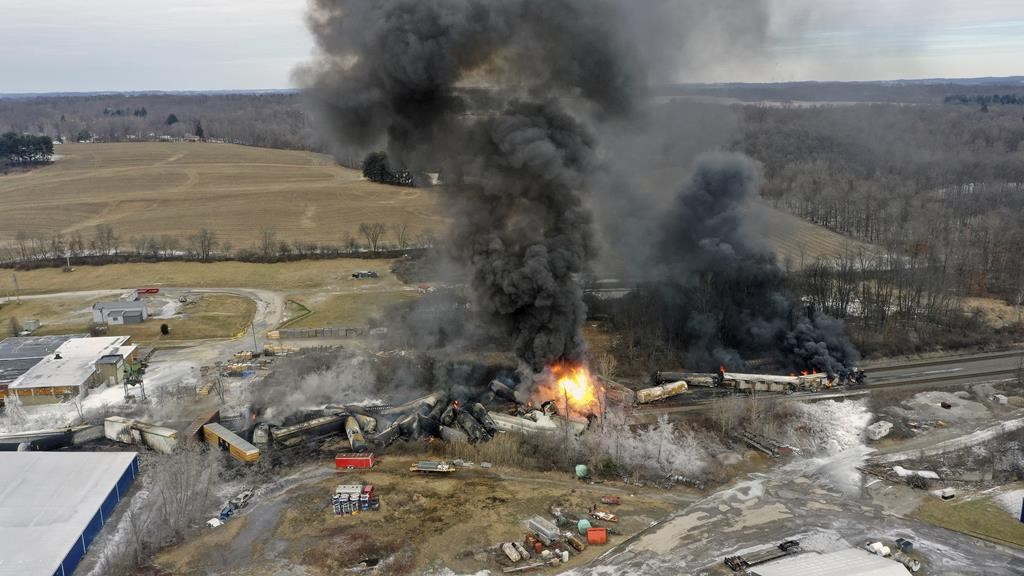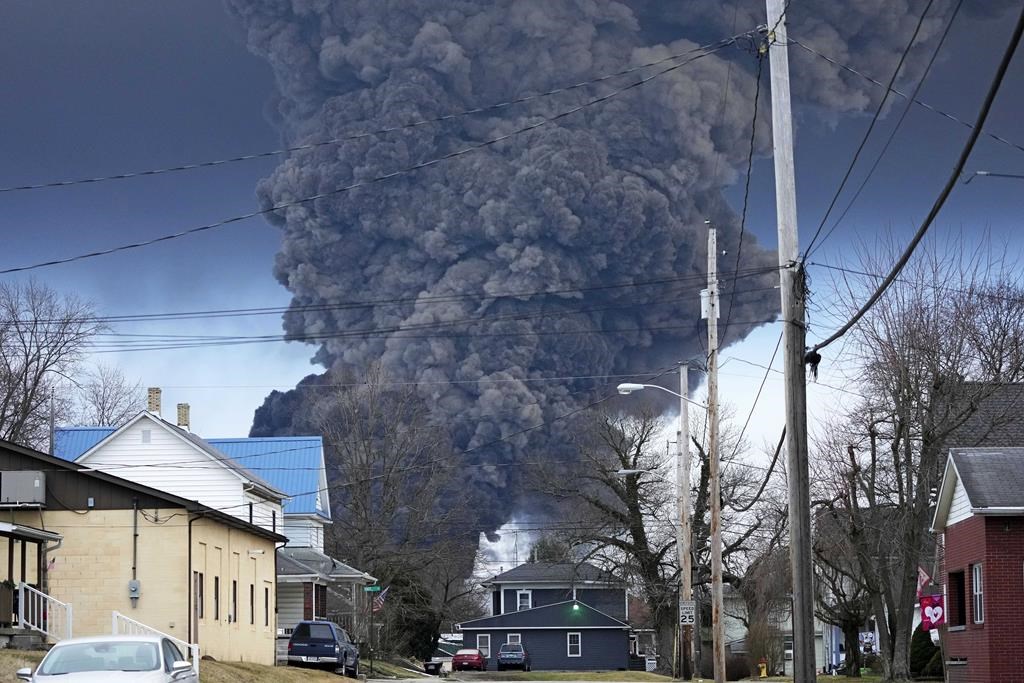The U.S. Environmental Protection Agency (EPA) has said there are no unsafe levels of harmful chemicals in soil collected from East Palestine, Ohio — but that claim contradicts existing science from the agency as to what should be deemed a “safe” level of exposure.

In a report prepared by independent lab Pace Analytical, prepared for the state of Indiana, three soil samples collected from an Indiana landfill where hazardous waste from East Palestine is being stored were examined. The samples — originally transported from the site where a Norfolk Southern train derailed and leaked toxic chemicals last month — were determined not to contain harmful levels of dioxin, a toxic chemical that may cause cancer.
Representatives from the EPA last week told Congress that the samples were below the U.S. government’s action threshold, and therefore considered safe. EPA administrator Debra Shore testified that the dioxin levels from the Indiana samples are “very low.”
The soil collected contained the most toxic dioxin compound at levels of 700 parts per trillion (ppt). The federal cleanup threshold for residential areas is set at 1,000 ppt.
Discrepancy arises when you consider that back in 2010, the EPA discovered dioxin was associated with a risk of cancer, so the agency proposed the threshold for cleanup be changed to 72 ppt in residential areas; this means, if the samples were held to that lowered standard, the dioxin levels would actually be approximately 10 times above an acceptable level.
The proposal to change the dioxin threshold was turned down by the Obama administration at the time.
Linda Birnbaum, a former head of the US National Toxicology Program and an EPA scientist, told The Guardian the soil samples contain dioxin levels up to 14 times higher than in some other states.

Get breaking National news
“The levels are not screaming high, but we have confirmed that dioxins are in East Palestine’s soil,” Birnbaum told publication. “The EPA must test the soil in the area more broadly.”

It is unclear at what depths in the landfill the samples were retrieved, or if the soil was diluted with other uncontaminated material. Experts claim further testing is needed to give value to the study.
The EPA defended its position on dioxin levels in East Palestine in a statement:
“The available data, analyzed and validated by an independent laboratory, shows the waste from East Palestine that went to Indiana does not contain harmful levels of dioxins,” the agency wrote.
After eight Norfolk Southern freight cars derailed on the evening of Feb. 3, the almost 5,000 residents of East Palestine were forced to temporarily evacuate their homes as a result of the catastrophe and subsequent burn of spilled vinyl chloride, a chemical used in plastic production.
Some homes in East Palestine are only metres away from where the train derailed. Residents in and around the town have filed a wave of class action lawsuits against Norfolk Southern, claiming they were exposed to “high levels of toxic chemicals.”
Dioxin in particular is a chemical that can linger in the environment, or the human body, for many years. Human exposure to dioxin commonly occurs through soil and food chain contamination. The toxin can cause reproductive and developmental problems, damage the immune system and interfere with hormones, alongside the possibility to cause cancer.
— With files from Global News’ Kathryn Mannie







Comments